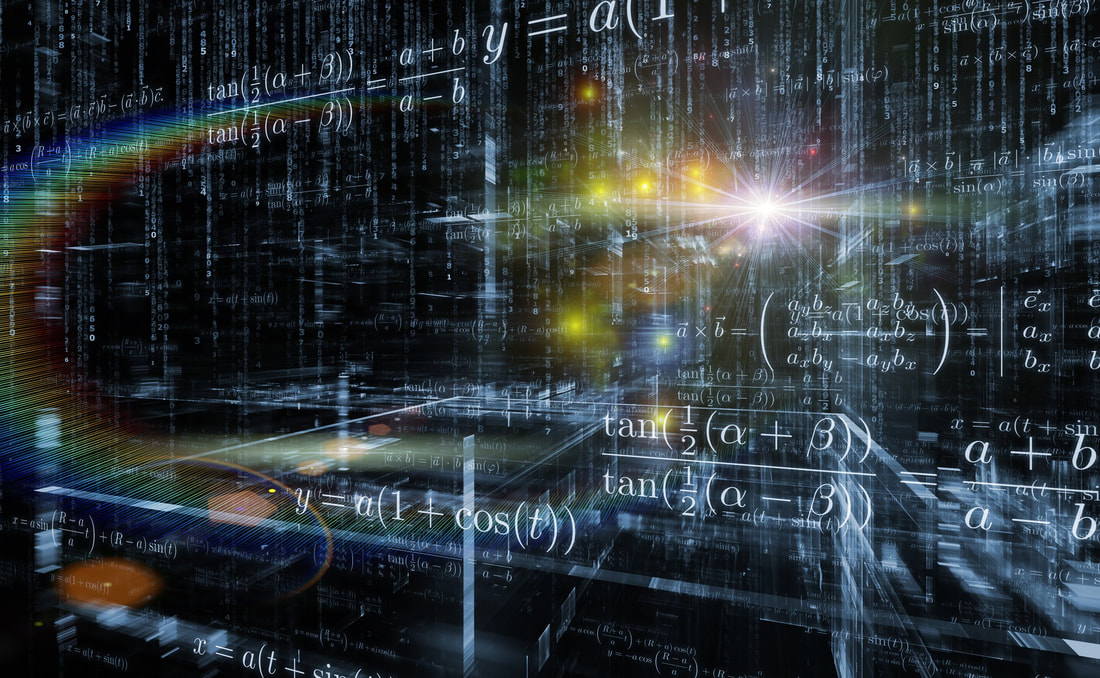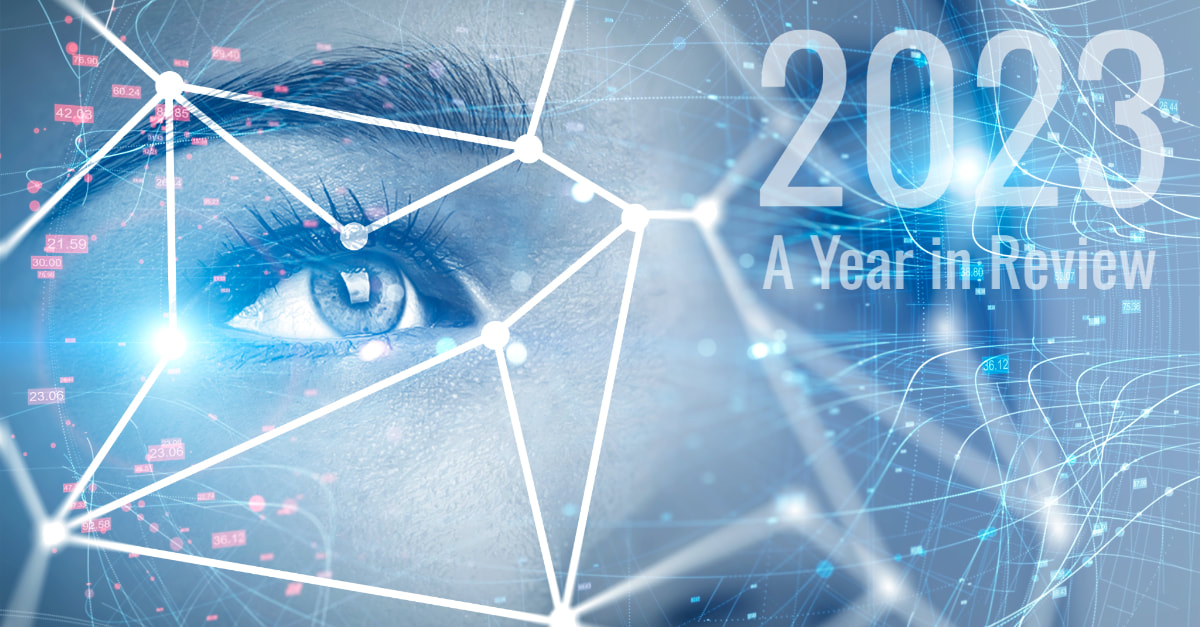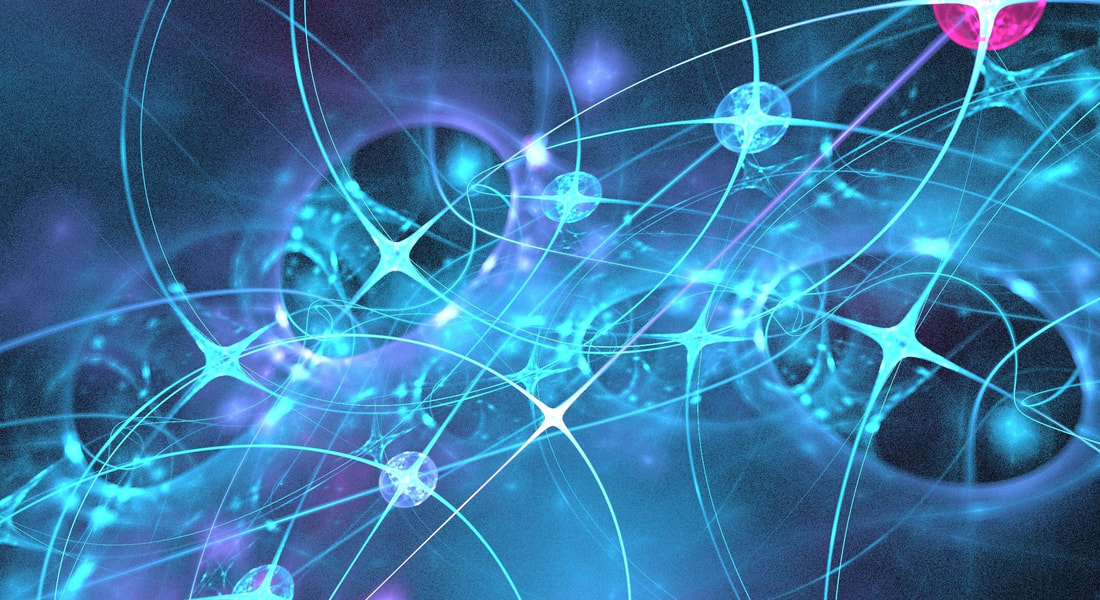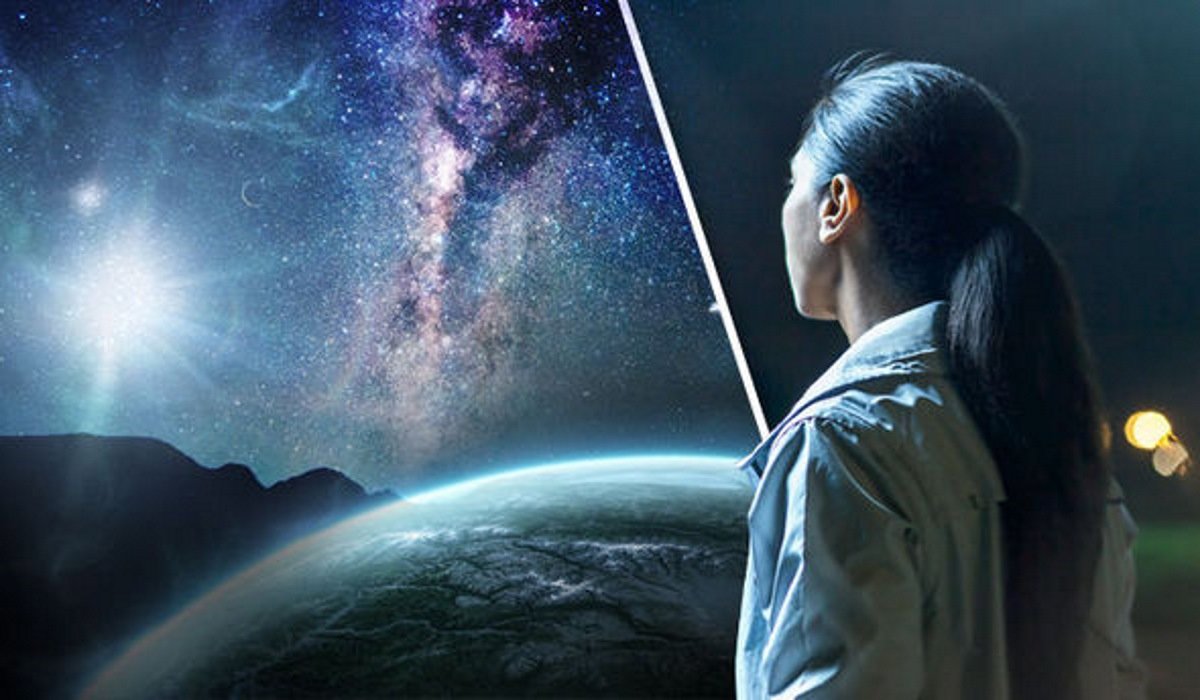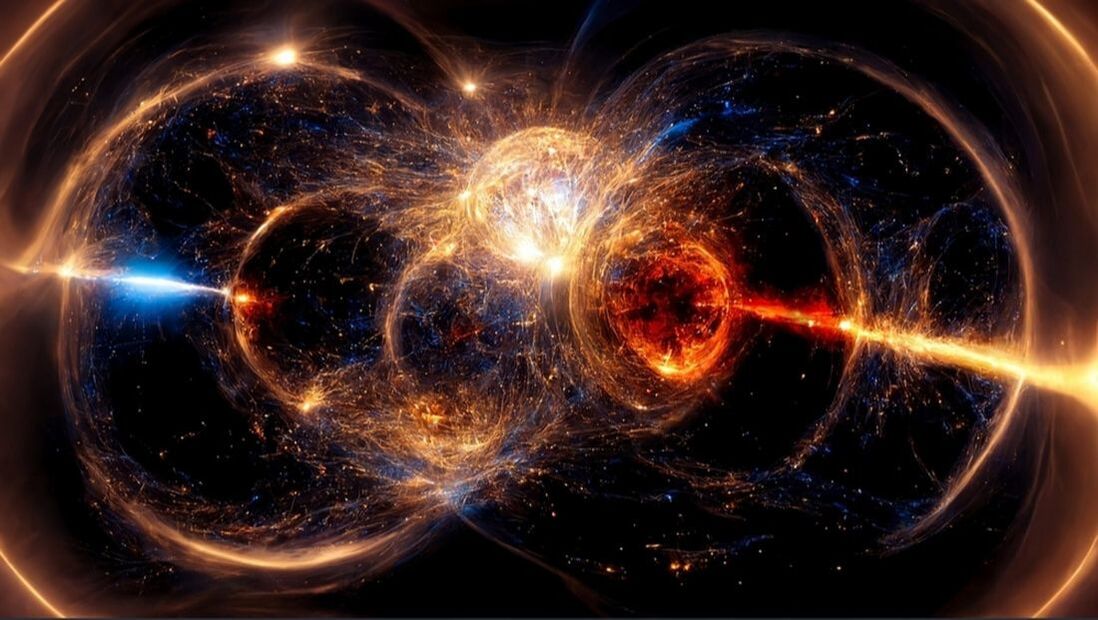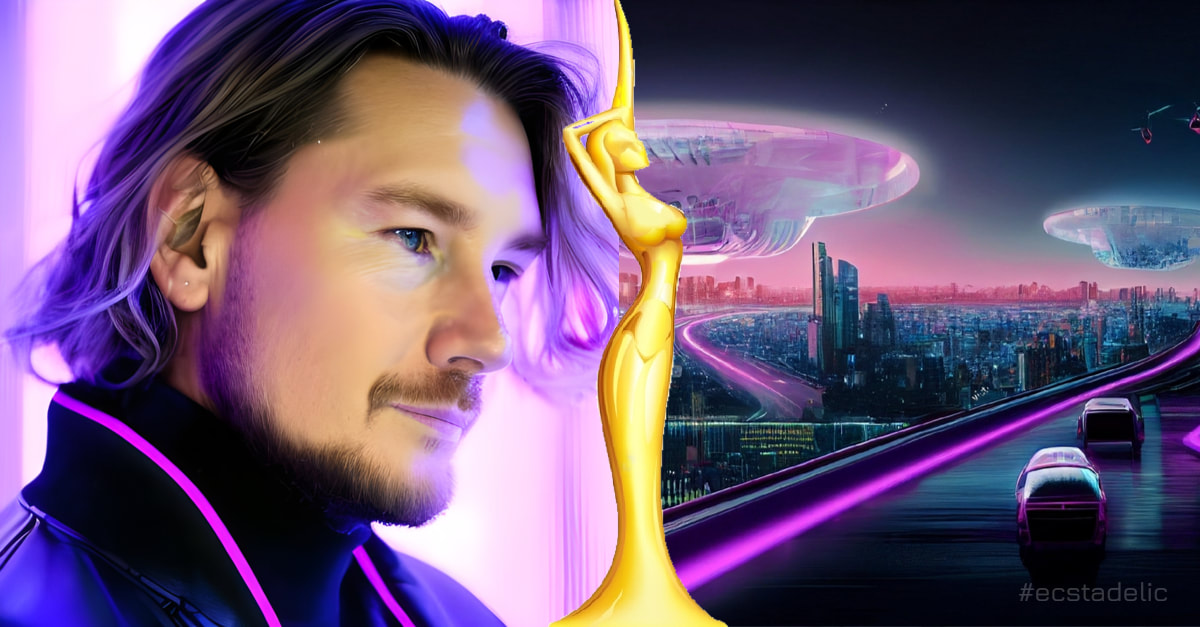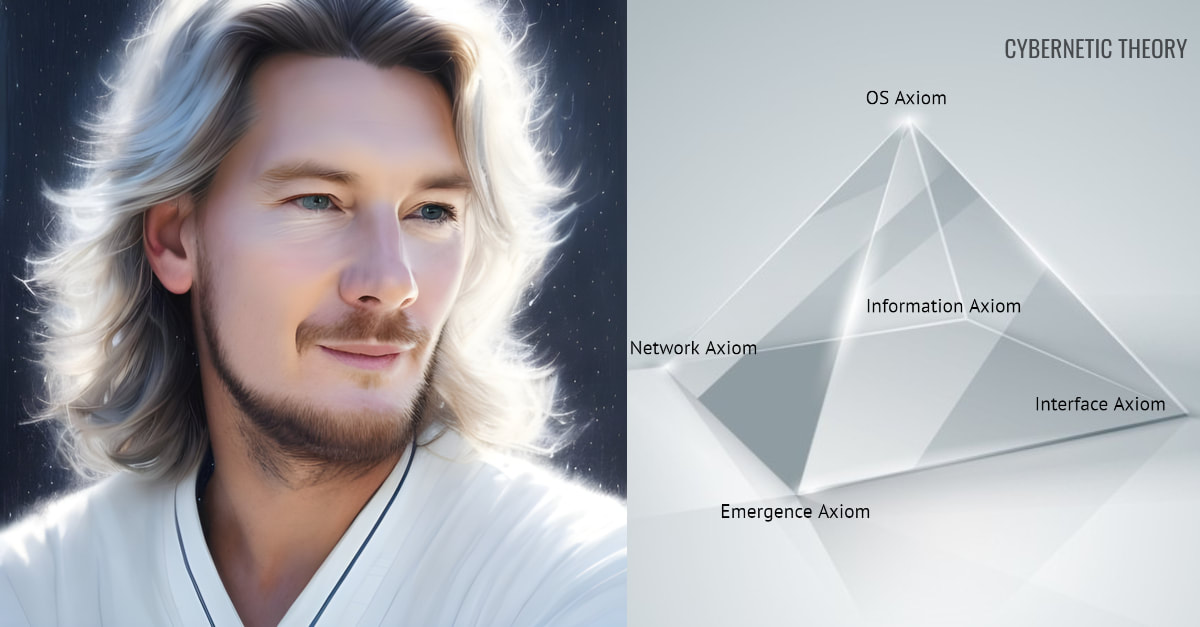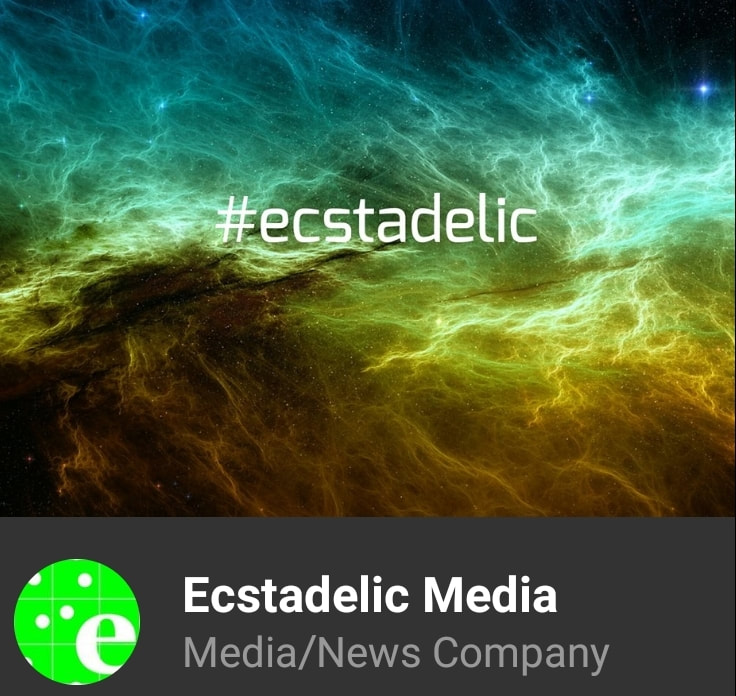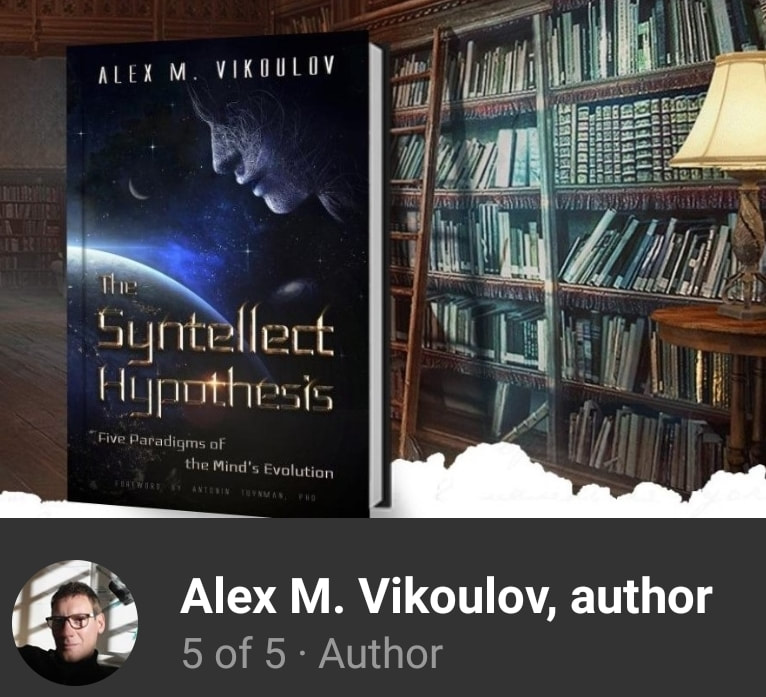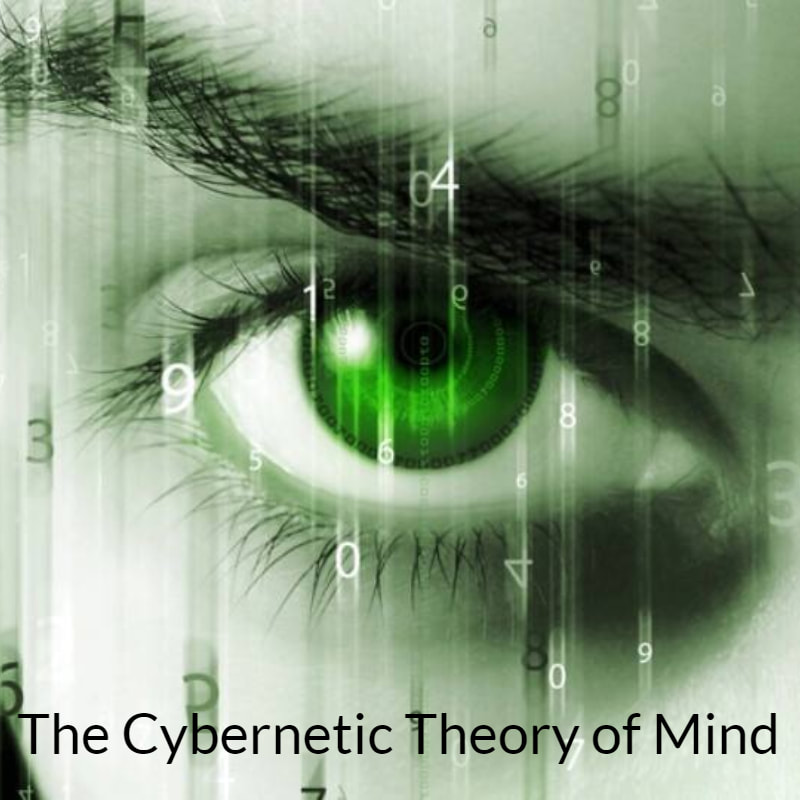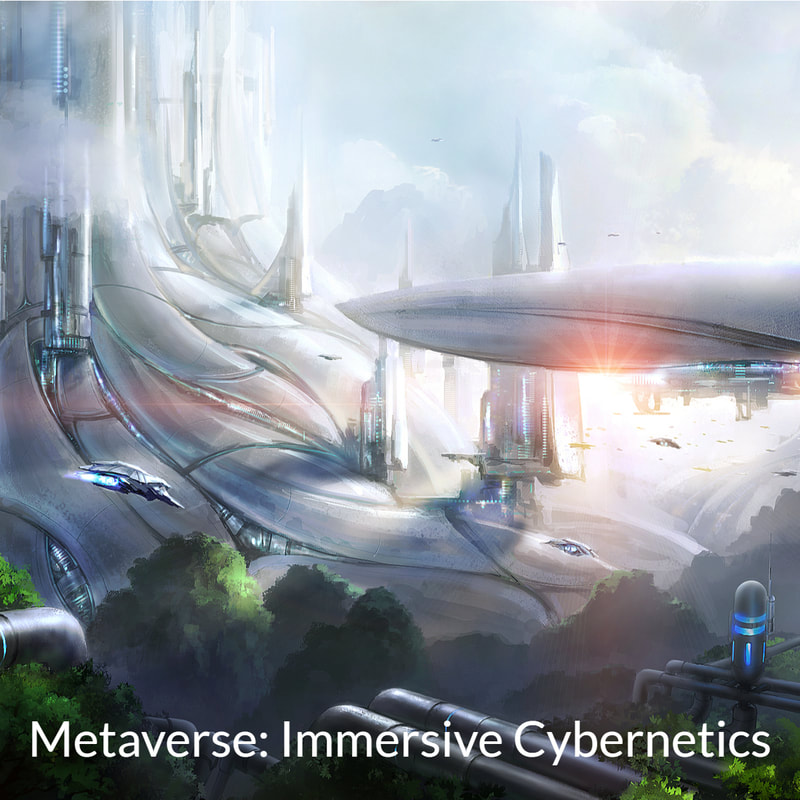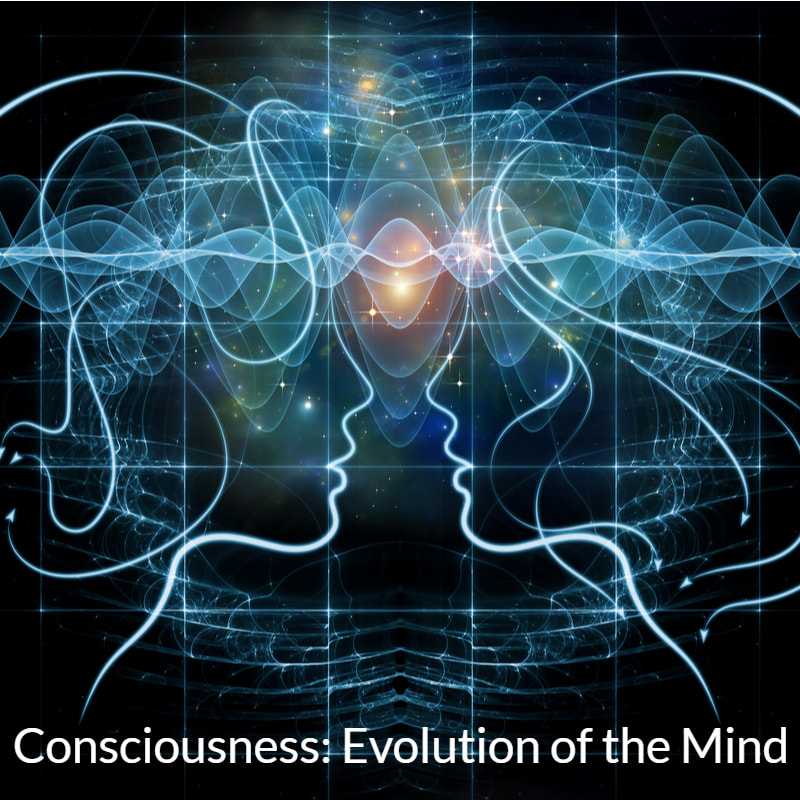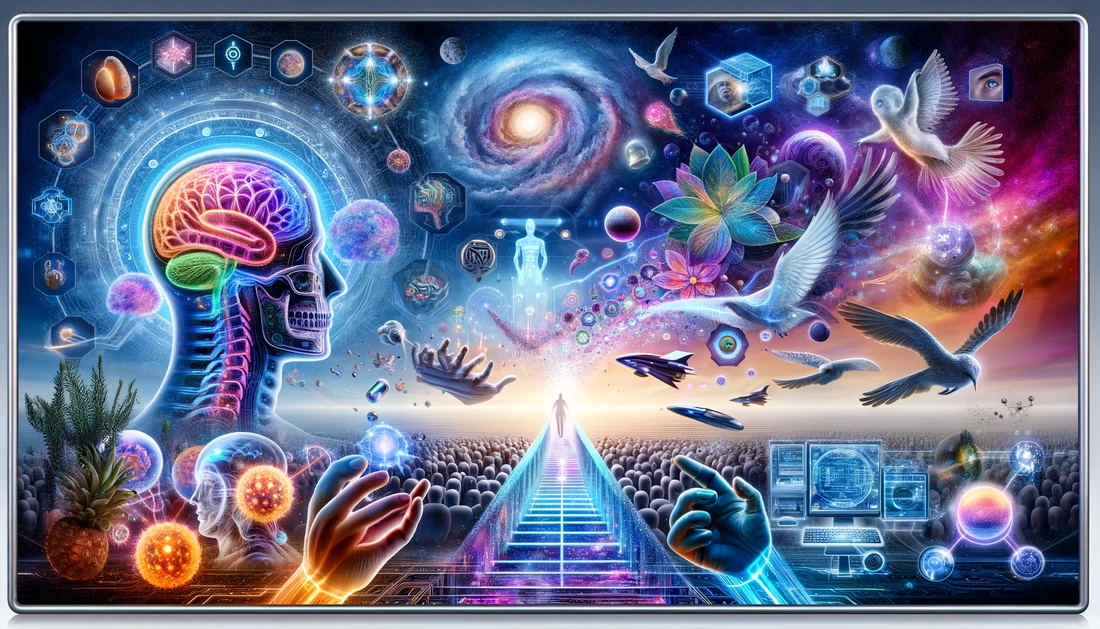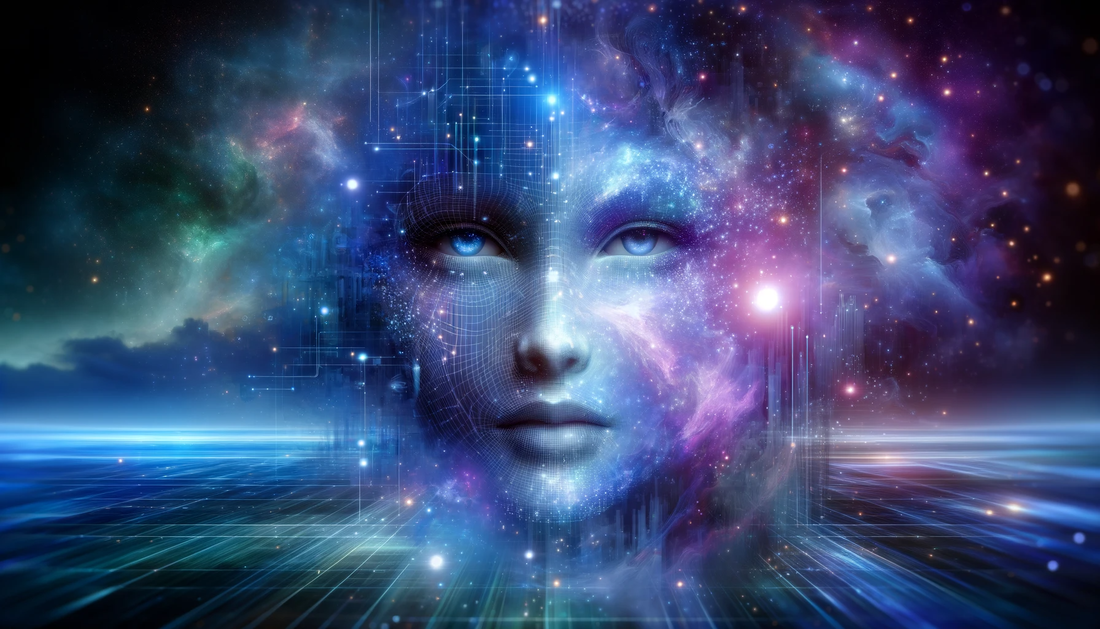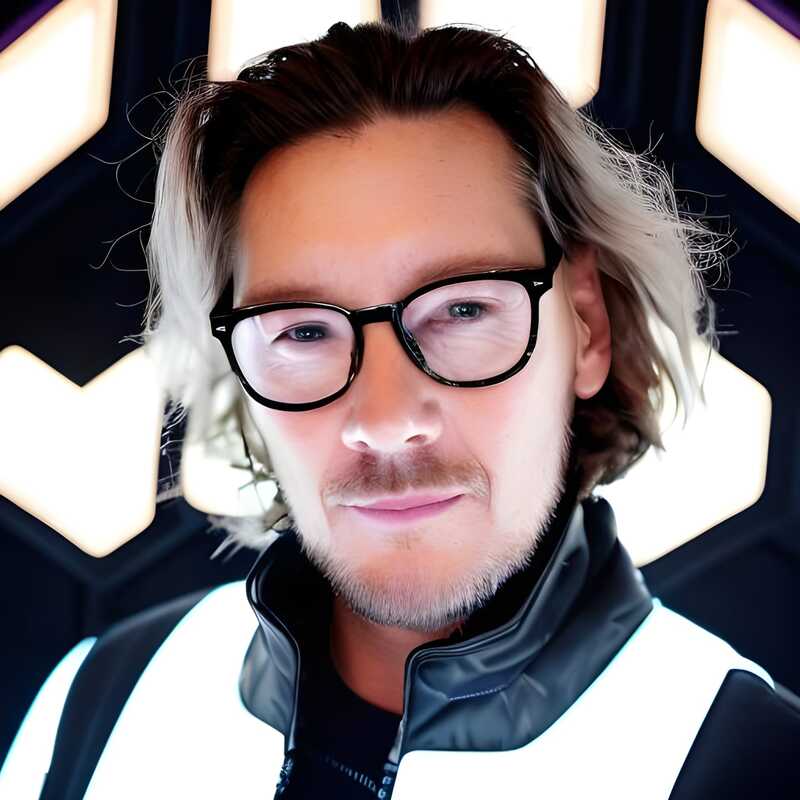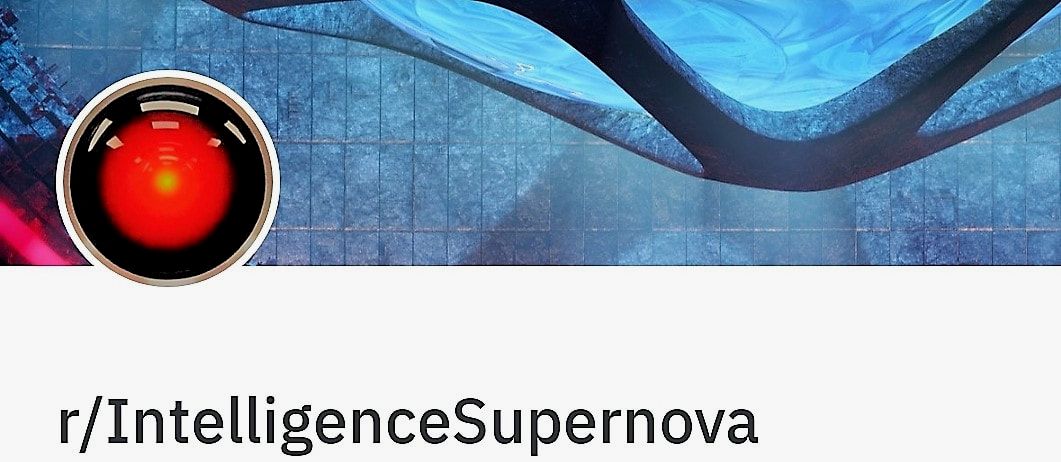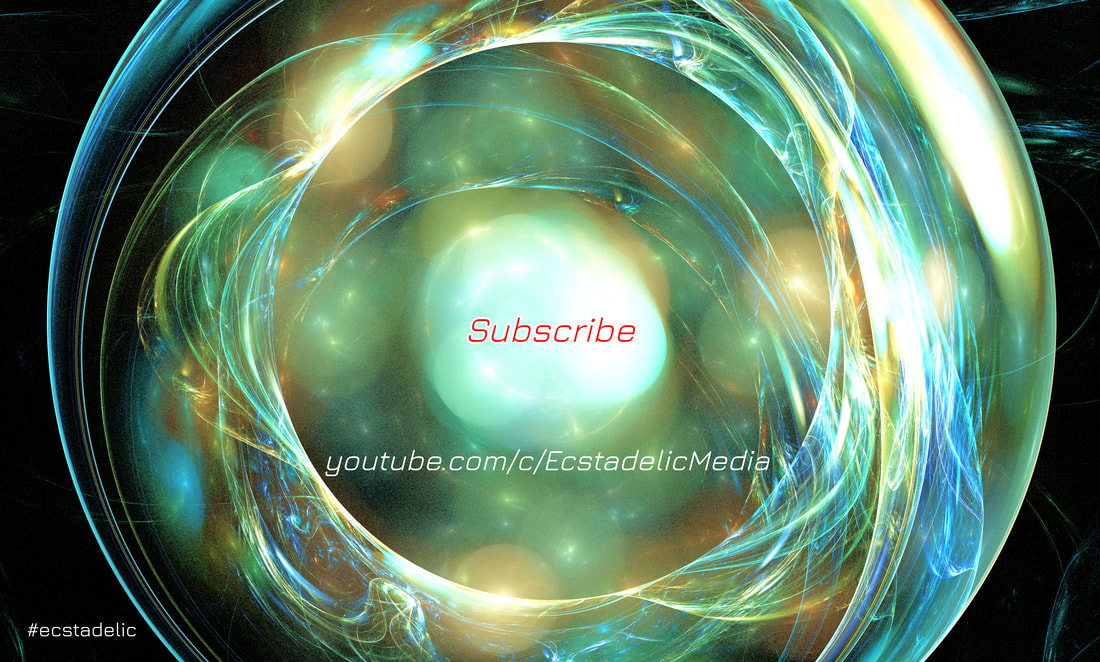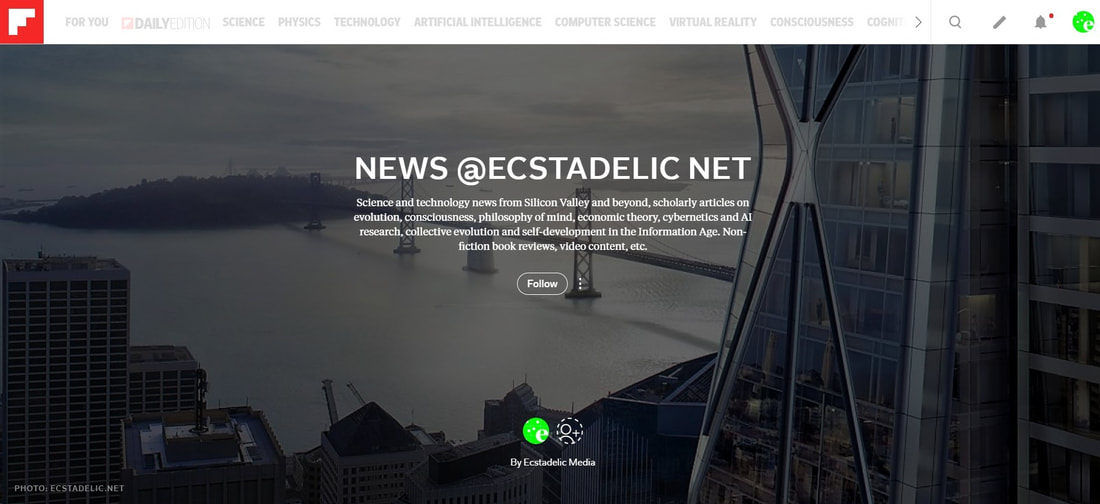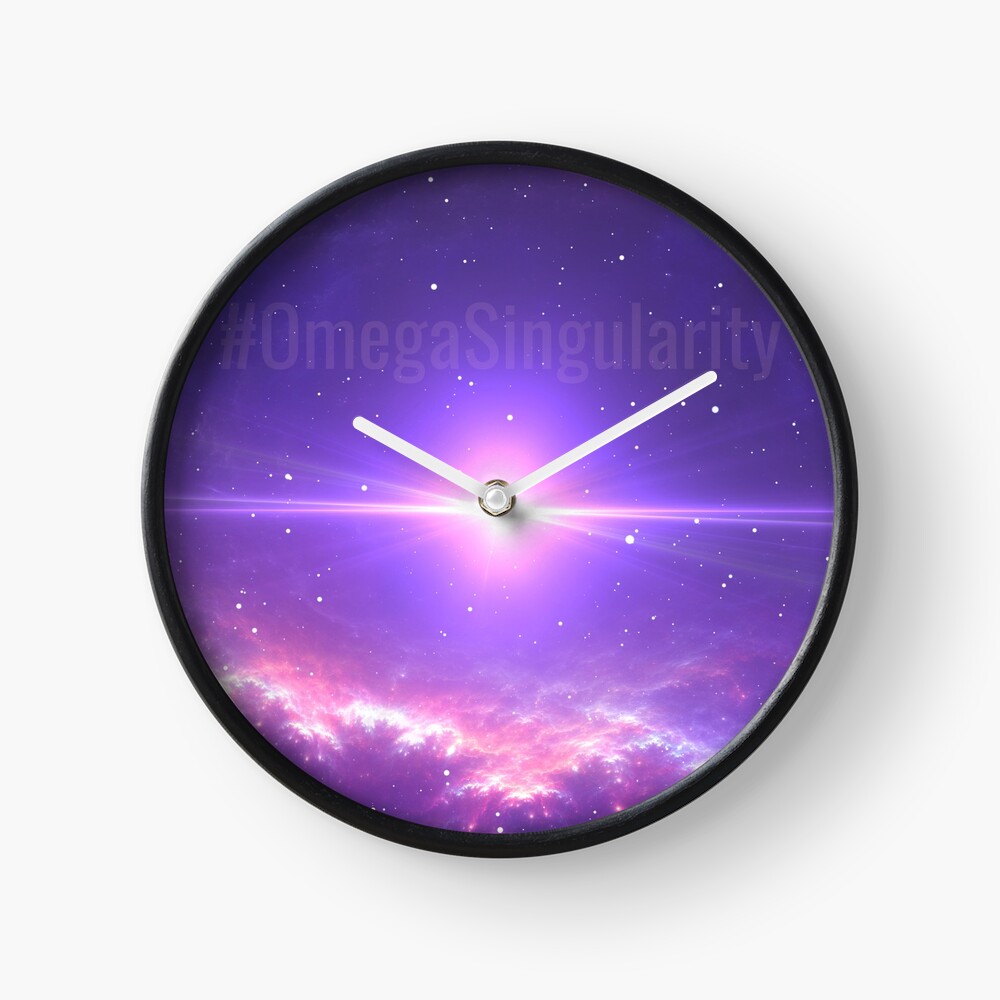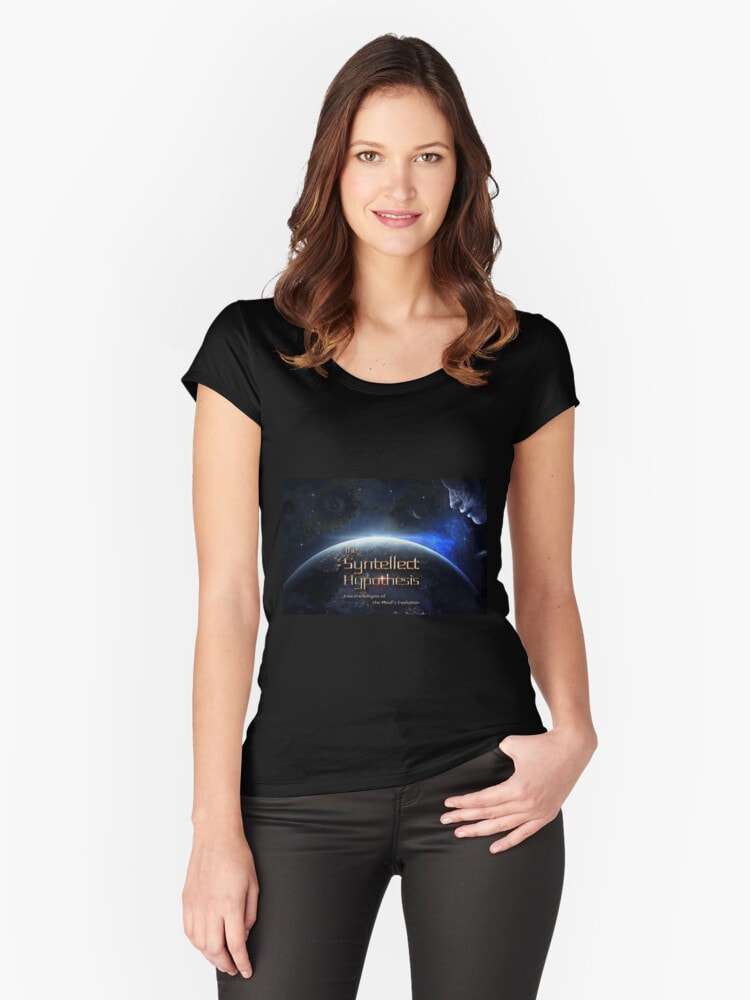|
by Alex M. Vikoulov “Each of us appears in the divine play in a dual role of creator and actor. A full and realistic enactment of our role in the cosmic drama requires the suspension of our true identity. We have to forget our authorship and follow the script.” --Stanislav Grof The proposition that human consciousness is a fractal manifestation of a larger cosmic consciousness posits a profound interconnectivity within the universe. This perspective asserts that consciousness is the fundamental constituent of reality. Modern physics increasingly regards information as a primary element, asserting that it gains significance only through the interpretive act of conscious observation. Hence, the Universal Mind is postulated as the foundational ontological entity. The concept of the 'Multiverse' is reimagined as a nested structure of interconnected conscious entities. Our perceptual reality is theorized to emerge from the integration of these complex digital information streams. So, what is the basis for these extraordinary claims, you might ask.
0 Comments
by Alex M. Vikoulov As we reflect on 2023, it's clear that this year has been a milestone in the IT industry. From AI to cybersecurity, from the cloud to 5G, the innovations we've seen are not just reshaping technology but also the way we live, work, and interact. 2023 has been a year of unprecedented advancements, painting a picture of a future that's more interconnected, intelligent, and immersive. Let’s unwrap this year’s most thrilling breakthroughs in AI, neurotechnology, and other IT domains. by Alex M. Vikoulov "Chaos is what we've lost touch with. This is why it is given a bad name. It is feared by the dominant archetype of our world, which is Ego, which clenches because its existence is defined in terms of control." - Terence McKenna Listen to this article ↴ From the vantage point of digital philosophy, the world is governed by a ceaseless battle of opposites. What appears as chaos on one stratum manifests as harmony and order on another, more elevated, level. Delving into the microscopic realm, we witness cells and microbes devouring each other in what seems like a miniature war. Yet, paradoxically, this microscopic carnage is a prerequisite for the healthy functioning of our human organism. Similarly, in the grand tapestry of Nature, a "food pyramid" delineates the roles of predator and prey, consumer and consumed. While it may look like a relentless competition, it's an intrinsic part of the natural ecosystem. Each element exists in relation to another, contributing to a larger, divine order. In this framework, even the act of "eating" each other and our environment is not anarchy but rather a structured dance choreographed by the laws of Nature, emergent behavior, and rules of self-organization, perhaps, set in motion by God himself. by Alex Vikoulov “Old Newtonian physics claimed that things have an objective reality separate from our perception of them. Quantum physics, and particularly Heisenberg's Uncertainty Principle, reveal that, as our perception of an object changes, the object itself literally changes.” –Marianne Williamson Listen to this article ↴ In the intricate landscape of consciousness studies, an interdisciplinary confluence of scientific inquiry, philosophical speculation, and elements of techno-mysticism emerges. This exploration aims to challenge conventional paradigms and proffer a multifaceted examination of the nature of the conscious mind. Among the humongous spectrum of available first-person experiences, the act of selecting a singular manifest phenomenon for awareness yields what I call a Conscious Instant (CI). A sequence of these perceptual frames constitutes what is generally known as the "stream of consciousness," which creates your continuous flow of time and your unitary sensation of reality. Video: What is Consciousness? Consciousness: Evolution of the Mind, Part I (cc)
by Alex Vikoulov “Quantum computation is... a distinctively new way of harnessing Nature... It will be the first technology that allows useful tasks to be performed in collaboration between parallel universes.” ―David Deutsch Back in 1937, Alan Turing, Alonso Church, and Emil Post laid the groundwork for useful computers. They came up with the term 'finite-state machine' to describe the most fundamental loop, which serves as the foundation for all working computers today. By analyzing this concept, Turing and Church were able to prove a theorem that now bears their names. According to their thesis, any computation performed by a finite-state machine that writes on an infinite tape (known later as a Turing machine) can be replicated by any other finite-state machine on an infinite tape, no matter how it's set up. This means that all computation is considered equivalent, and this idea is now known as 'Universal Computation.' The Quest for Ultimate Reality: Exploring Experiential Nirvana as a Path to Self-Transcendence3/29/2023 by Alex Vikoulov “Man suffers only because he takes seriously what the gods made for fun.” ―Alan W. Watts “What Nirvana?” you might immediately think, “there’s so much suffering in the world including ongoing problems in my own life!” According to Buddhist teachings, Nirvana is defined as a transcendent state in which there is neither suffering, desire, nor sense of self, and the subject is released from the effects of karma and the cycle of death and rebirth. Nirvana is thus associated with the highest state that someone can attain, a state of enlightenment. So, can the pursuit of experience lead to true enlightenment? Are we edging towards Experiential Nirvana on a civilizational level despite certain turbulent events?
by Alex Vikoulov “To say that a world is objective means that the world’s existence does not depend on the agent.” ―Donald Hoffman The concept of relativity pervades the field of physics, as any viewpoint ultimately boils down to a dimensionless ratio. In the realm of physical reality, a viewpoint assumes the existence of an observer and their relationship to the observed object. However, the point of quantum uncertainty exists without any such viewpoint. The fabric of space-time is made up of points that only have speed and distance relative to other points viewing them, while the points themselves remain beyond observation. As quantum physicist Vlatco Vedral explains, there is no absolute space-time, as space and time emerge from a fundamentally spaceless and timeless foundation. This challenges our classical understanding of the universe as a fixed and measurable entity and highlights the crucial role of perspective in shaping our understanding of physical reality. |
Categories
All
Recent Publications The Cybernetic Theory of Mind by Alex M. Vikoulov (2022): eBook Series The Syntellect Hypothesis: Five Paradigms of the Mind's Evolution by Alex M. Vikoulov (2020): eBook Paperback Hardcover Audiobook The Omega Singularity: Universal Mind & The Fractal Multiverse by Alex M. Vikoulov (2022): eBook THEOGENESIS: Transdimensional Propagation & Universal Expansion by Alex M. Vikoulov (2021): eBook The Cybernetic Singularity: The Syntellect Emergence by Alex M. Vikoulov (2021): eBook TECHNOCULTURE: The Rise of Man by Alex M. Vikoulov (2020) eBook NOOGENESIS: Computational Biology by Alex M. Vikoulov (2020): eBook The Ouroboros Code: Reality's Digital Alchemy Self-Simulation Bridging Science and Spirituality by Antonin Tuynman (2019) eBook Paperback The Science and Philosophy of Information by Alex M. Vikoulov (2019): eBook Series Theology of Digital Physics: Phenomenal Consciousness, The Cosmic Self & The Pantheistic Interpretation of Our Holographic Reality by Alex M. Vikoulov (2019) eBook The Intelligence Supernova: Essays on Cybernetic Transhumanism, The Simulation Singularity & The Syntellect Emergence by Alex M. Vikoulov (2019) eBook The Physics of Time: D-Theory of Time & Temporal Mechanics by Alex M. Vikoulov (2019): eBook The Origins of Us: Evolutionary Emergence and The Omega Point Cosmology by Alex M. Vikoulov (2019): eBook More Than An Algorithm: Exploring the gap between natural evolution and digitally computed artificial intelligence by Antonin Tuynman (2019): eBook Our Facebook Pages
A quote on the go"When I woke up one morning I got poetically epiphanized: To us, our dreams at night feel “oh so real” when inside them but they are what they are - dreams against the backdrop of daily reality. Our daily reality is like nightly dreams against the backdrop of the larger reality. This is something we all know deep down to be true... The question then becomes how to "lucidify" this dream of reality?"— Alex M. Vikoulov Public Forums Our Custom GPTs
Alex Vikoulov AGI (Premium*)
Be Part of Our Network! *Subscribe to Premium Access Make a Donation Syndicate Content Write a Paid Review Submit Your Article Submit Your Press Release Submit Your e-News Contact Us
|

